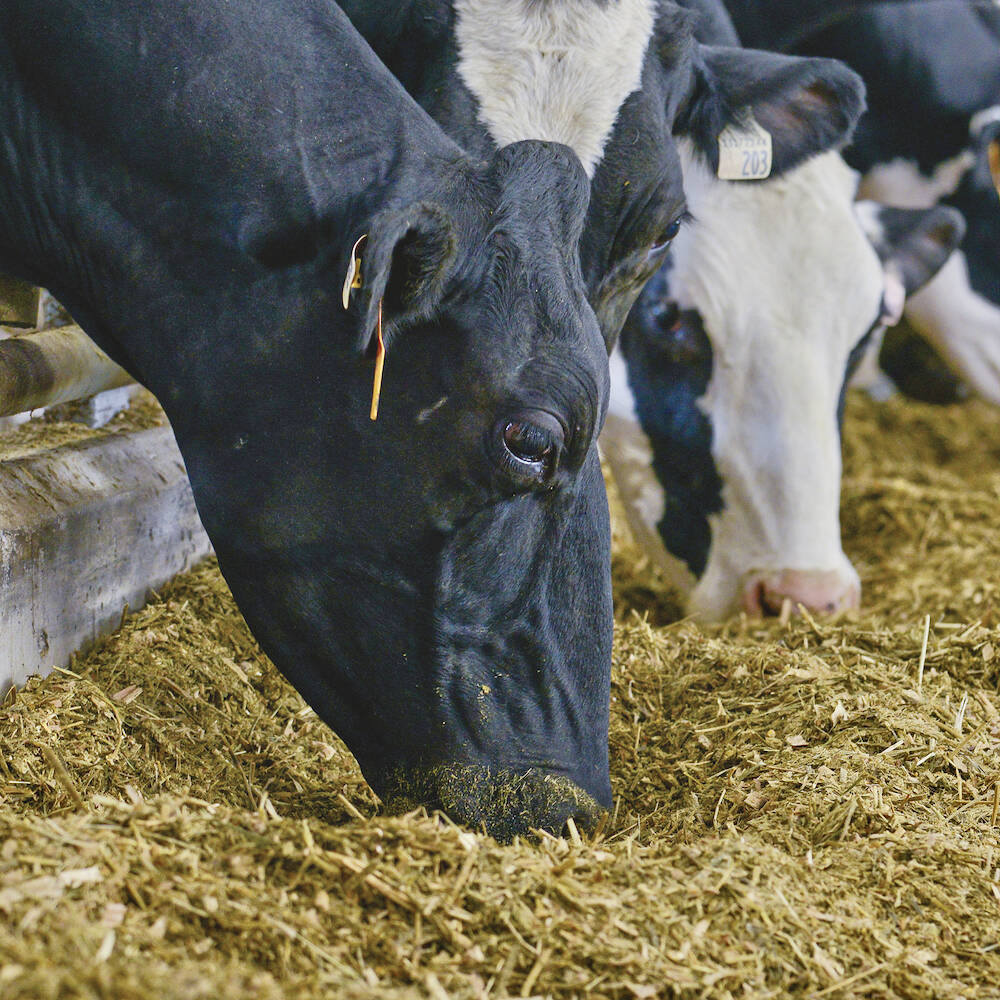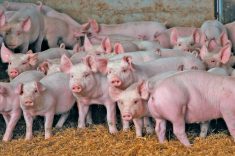The Canadian beef industry just experienced its second-best year ever for exports into Japan, with the 2018 projection indicating a continuation of that trend.
Attendees at the third annual Canadian Beef Industry Convention (CBIC) in London, Ont. were told to expect even greater growth once the federal government ratifies the trade deal known as the CPTPP (Comprehensive and Progressive Agreement for Trans-Pacific Partnership).
Why it matters: The U.S. recently pulled out of the CPTPP, but Canada remains on track for a possible ratification by the end of 2018. Japan joins Mexico and Singapore among countries that have already indicated they will ratify the deal. This will give Canadian beef preferential access to some Asian markets.
Read Also

Byproducts with benefits for dairy cows
Local food processors can be a source of financially advantageous byproducts for dairy cows, but make sure the ration is properly balanced.
During a session hosted by the Canadian Cattlemen’s Association’s Foreign Trade Committee, CCA Director of Government and International Relations John Masswohl told attendees that Canadian beef exporters currently pay a 38.5 per cent tariff for supplying Japanese demand. This represented nearly $60 million in duty paid in 2017, a year during which exports to Japan reached their highest level since 2001, Canada’s best ever year. The tonnage sent to Japan were actually higher in 2001, but the total dollars in 2017 was actually higher (although translated into 2001 dollars, it would have been higher).
When CPTPP is ratified, Masswohl explained, the tariff will immediately fall to a level that rivals what Australia now pays for selling beef into Japan. A huge proportion of that $60 million will be transformed into margin for Canada’s beef sector. And the tariff will gradually fall from that level as the agreement is phased in, down to about nine per cent.
“In the meantime, U.S. beef will continue to pay a 38.5 per cent tariff,” said Masswohl.
If ratification results in significantly more Canadian beef going to Japan, he suggested a lot could be from animals born in the U.S. making their way at some point through Canada before reaching their final destination.
Ratification is all-but-confirmed by three countries so far. The deal stipulates it will come into force as soon as the first six countries ratify.
Masswohl stressed there’s still much work to do in Ottawa to lobby MPs and senators. Legislation to initiate the process was tabled in the House of Commons just before June’s summer recess. Canada, Australia, New Zealand, Chile, Brunei and possibly Peru appear closest to ratification sometime in 2018.
Masswohl suggested it would be beneficial that, if it looks like they could all reach ratification at around the same time, they arrange it so they all go at once, possibly bringing the number to the first nine instead of the first six. Regardless, he hopes to see Canada on the next list of CPTPP ratifying countries.
“After Japan, we’re the second largest economy in this grouping. The other countries want Canada to be part of that first group.”













